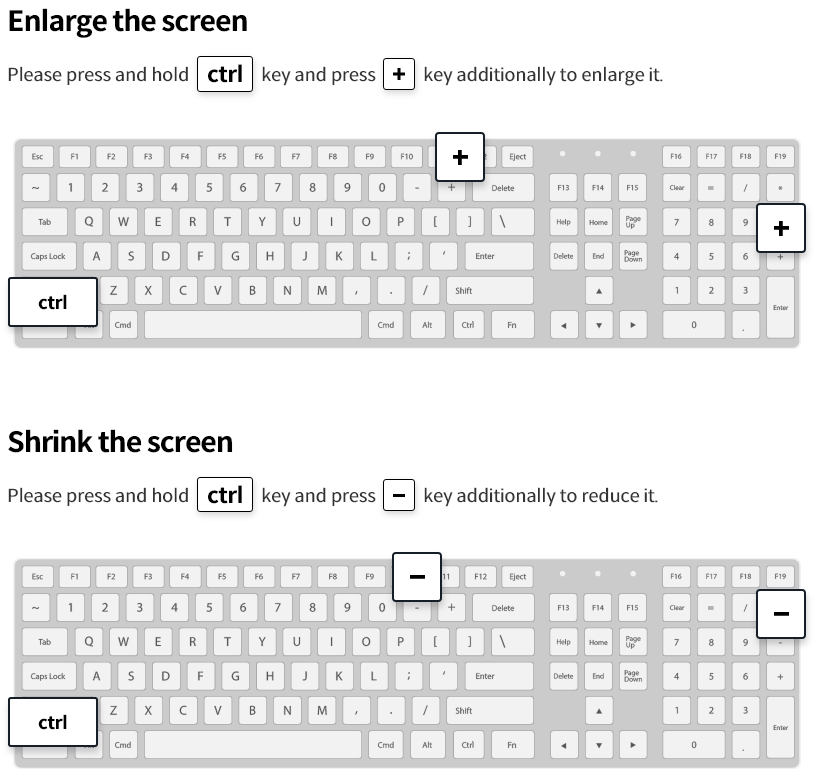Korea Eximbank’s Overseas Economic Research Institute (keri.koraexim.go.kr) forecasted on December 29 that exports for the 1st quarter of 2014 will increase 10% compared to the same period last year thanks to the continuing gradual recovery of exports, despite concerns over the weakening of price competitiveness due to the strong won and the weak yen.
According to the ‘2014 1Q Export Outlook Report’ released by Korea Eximbank, the gradual recovery of exports which began early this year is likely to continue into the first quarter, as indicated by a fifth consecutive quarter of increase in the Export Leading Index, an indicator developed by the Bank to predict the movement of exports.
2013 2Q : 1.0%
2013 3Q : 0.7%
2013 4Q : 0.7%
2014 1Q : 0.4%
The Export Leading Index is a composite index which combines an array of variables that influence Korea’s exports, including the economic conditions of export markets, price competitiveness of export items, export outlook of individual industries, and company sales forecasts.
A Korea Eximbank official attributed the rise in the Export Leading Index to "the recovery in the U.S. job and housing markets, improving consumer confidence, rebound in China's economic indicators, and sustained recovery of the IT industry," notwithstanding the strong won-weak yen trend.
The official added, however, that "Chances of financial instability in emerging markets as a result of the Fed’s tapering and the ongoing trend of a weaker yen may yet prove to be destabilizing factors."


